Interview with Ramón Ortega.
Today I have the great honor of publishing the interview with Ramón Ortega, principal oboe of the Bavarian Radio Symphony Orchestra (BRSO). Many thanks to Ramón Ortega for the interview. I hope you like it.
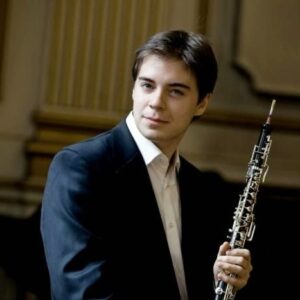
Ramón Ortega
How were your beginnings in music / with the oboe? Were there more musicians in the family?
I grew up with music. My father is a teacher at the Granada Conservatory. My sister and I listened to a lot of music, both live (I remember attending the rehearsals of the conservatory band conducted by my father when I was 6/7 years old) and recordings.
There was also one piano at home (my father’s instrument) so it was the most natural thing to play it and learn music.
The oboe came at my father’s suggestion. When I turned 8, when I finally enter the conservatory, my sister (a year and a half older than me) was already studying piano and there were conflicts over who could play the piano. (I wanted to prove that I could also play the pieces that my sister played, of course much better than me!) My father thought of the oboe because one of his best friends at the conservatory was the oboe teacher, Miguel Quirós. So we tried it and here I am, 21 years later!
When did you decide that you wanted to be a professional oboe player?
In general, there has never been anything else that caught my attention more than music until now. However, I remember when I was 15 years old and I made my first tour with the West Eastern Divan Orchestra, conducted by Barenboim, that my desire to become a professional musician became stronger. Working with someone of that level when you are a student, as well as how well we spent on tour, playing in famous concert halls and traveling through fantastic cities, was a great experience that marked my life, reaffirming my desire to dedicate my life to music.
Which teacher has influenced you the most?
I have only had two teachers who have given me something: My first teacher Miguel Quirós, who, for me, helped me to develop my talent in the best way. I remember him giving me some reeds that were very easy to play! With eight years! I’ve never had more comfortable reeds in my life (and that in Granada, where the weather is bad for reeds). I also think it was very important that he adapted his method to each student. In my case, I was always very fast, so we always went ahead. Although at Christmas we were already studying the repertoire of the next course! After a couple of years, I was able to play Haydn or Mozart Concerto (I would not like to hear how). But the important thing for me is that I could do it and I had a great time! Also I went to the band, and I loved to prelude with other flute or clarinet comrades, without any complex.
My other teacher was Gregor Witt, who discovered a new sound for the oboe I had never heard before: the traditional German sound. As well I developed with him aesthetics for German music, especially Mozart, Schumann, Brahms, Beethoven, Wagner and Strauss.
Gregor also believed that I should submit to competitions even if I was very young. And I think he was right, because it was the right way for me.
What type of oboe do you play with and why did you choose it?
The oboe that most convinces me is the Marigaux 901. It seems to me the most balanced of the market and the instrument with which you can access more types of music without having to constantly change reeds. I feel comfortable with the oboe both in the orchestra, as soloist, recitals or in chamber music.
It’s not perfect, of course, but it seems to me the closest to what I imagine an instrument should offer.
In 2015 you premiered the work “Legacy” by Óscar Navarro, what can you tell us about this work and what did it mean for you to premiere it?
I am very proud to have been able to carry out the ‘Legacy’ project. I listened to the II Clarinet Concert by Óscar Navarro and it caught me from beginning to end! At that time, I thought there was no such work in the oboe repertoire, so I contacted Oscar immediately to put the project in motion. Once I knew his conditions and interest in the project, I had to find an orchestra to commission the work. Finally, we were lucky that the Nordwestdeutsche Philharmonie wanted to do it. Also, he offered us to premiere and a tour with six concerts, which I thought it was very important for a new work! So it was a very good premiere, and, I have to say, the work is doing very well. It has been played a lot and I predict it will have a long life. Lately, in all my masterclasses, someone always comes with ‘Legacy’. So I am very happy. Of course, working hand in hand with a composer, and creating something completely new, is a very exciting job!
Ramón Ortega – oboe – Legacy
How were your beginnings in the orchestra?
I won my first orchestra position at the beginning of 2008 at Radio Bavarian in Munich, and I was 19 years old. It was a great experience in every way: on the one hand, I was walking on clouds playing in such an incredible orchestra, with the best conductors and soloists that someone can imagine. On the other hand, I had to learn and gain experience in that environment, which was a huge responsibility and a huge job!
I consider it a gift of life to have seen so much at such an early age.
What is it like to work at Symphonieorchester des Bayerischen Rundfunks?
Working in Radio de Baviera is a dream come true for any musician who aspires to play in orchestra. Apart from the great artistic level already mentioned, working conditions are very good. There is only one weekly program and the workforce is double. The soloists work an average of 20 weeks a year! And most of those weeks are highlights in some sense.
What is the repertoire in the orchestra with which you feel most identified / the one you like the most?
Impossible to answer !!
Which conductor or soloist has impressed you most?
First it was Daniel Barenboim. After starting to work in Munich, Mariss Jansons. Also Sir Simon Rattle is a great musician, and others like Giovanni Antonini or Yannick Nezet-Seguin are great and they make you feel very good playing with them.
Your new position in Los Angeles Philharmonic has recently been news. How do you approach this new period? What do you expect?
I am very excited about this new period and I have many expectations. Big news, I will have my own oboe class at the wonderful Colburn school, which offers scholarships to all students, both tuition and housing and support. This motivates me a lot, the class will be small, only 5 students, so I will be able to work very well with each student.
As for the orchestra, I would like, after 10 years in Munich, to have a new project. The section of Los Angeles Philharmonic winds and its conductor Gustavo Dudamel are delighted to have me with them and the orchestra is open to ideas that in Munich, for traditional reasons, are not carried out. For example, a more dynamic program for the season, innovative educational projects, work with ballet, audio-visual projects, etc. I think it can be very interesting!
And LA is a fascinating city where you can live very well! (Out of the ‘glamour’ of Hollywood or Beverly Hills).
How do you see the music scene in Spain today?
I’m not the best person to talk about the situation in Spain. I’ve been living abroad for 10 years. Of course, in the classical world, we have much to do, and it would be very foolish to try to compare ourselves to other countries such as Germany or France.
My case seems very utopian, because the talent of our musicians is enviable! Germans would like it! But, sadly, our tradition and now our politics, have not been able to value classical music as much as other countries do it. And our classical tradition of good composers is as old as in France, England, Germany or Italy. But of all of these countries, we have been the ones that have less value and less development on this. That’s where we are, and for now you can not see much improvement.
For me it is very sad that for many good musicians staying in Spain can not be an option.
What advice would you give to oboe students?
You have to get your skates on, the sooner the better! There are many people now playing very well, it is very easy to travel and, because of the internet, everything is known and everything is accessible to anyone. For this reason, winning an orchestra place has become very difficult!
What are your future projects (upcoming concerts, masterclasses …)?
I have a lot for next year! I will be in Spain (Extremadura and Malaga) in Finland, Germany, Vienna and Holland as a soloist. Apart from my job in the orchestra, I will be giving masterclasses at the Liceo Conservatory in Barcelona and at the Novara Conservatory in Italy. In September, I will start a new life in Los Angeles, so I don’t think I get bored very much.
Thank you for reading the interview with Ramón Ortega. Remember that you can read many other interviews on our blog like Leleux’s.

 English
English Español
Español Deutsch
Deutsch Français
Français Português
Português 日本語
日本語 简体中文
简体中文 한국어
한국어 Русский
Русский

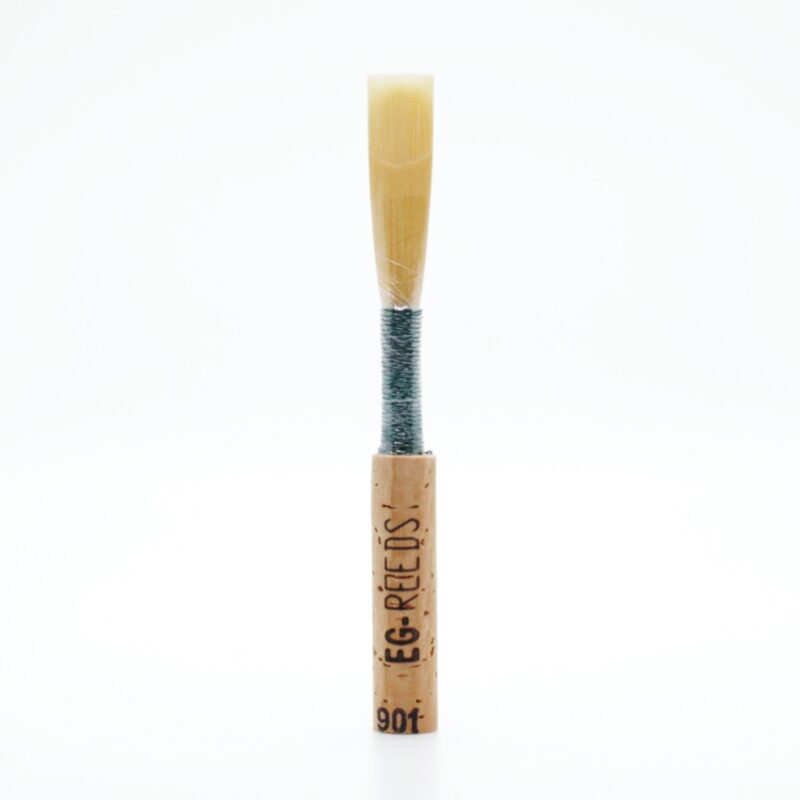

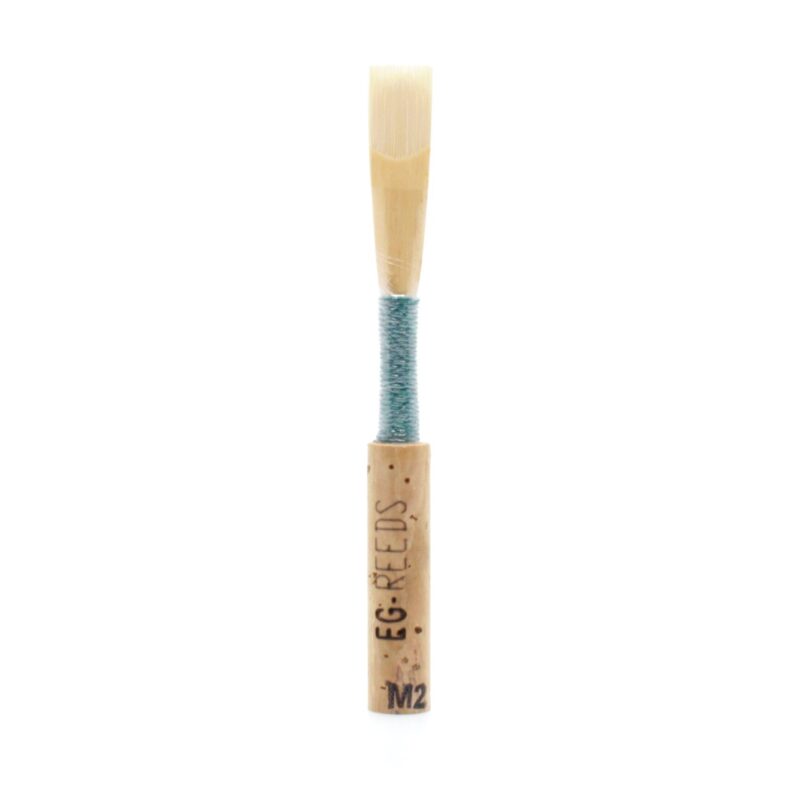
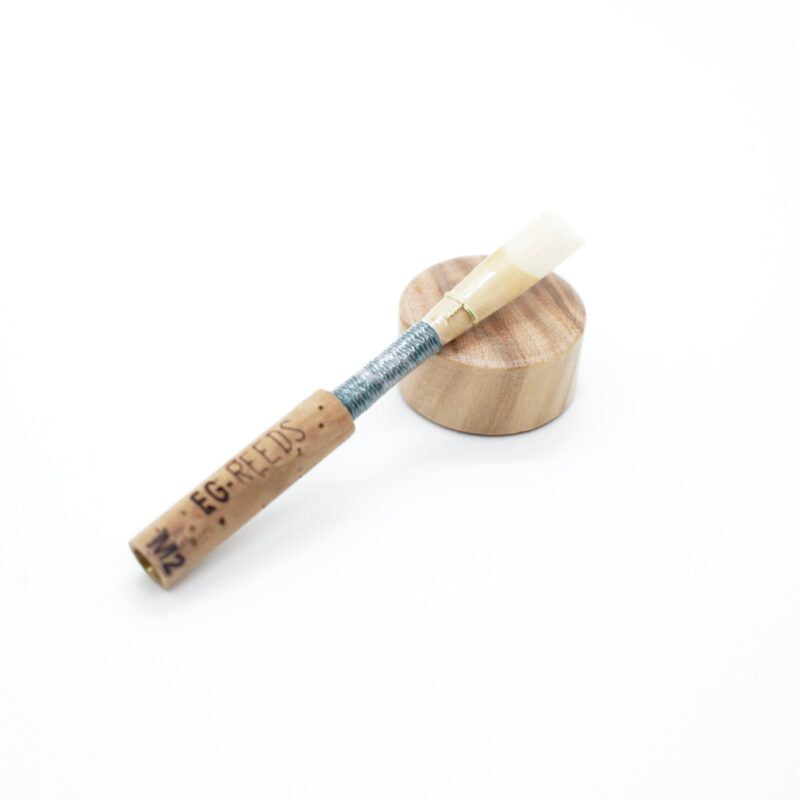

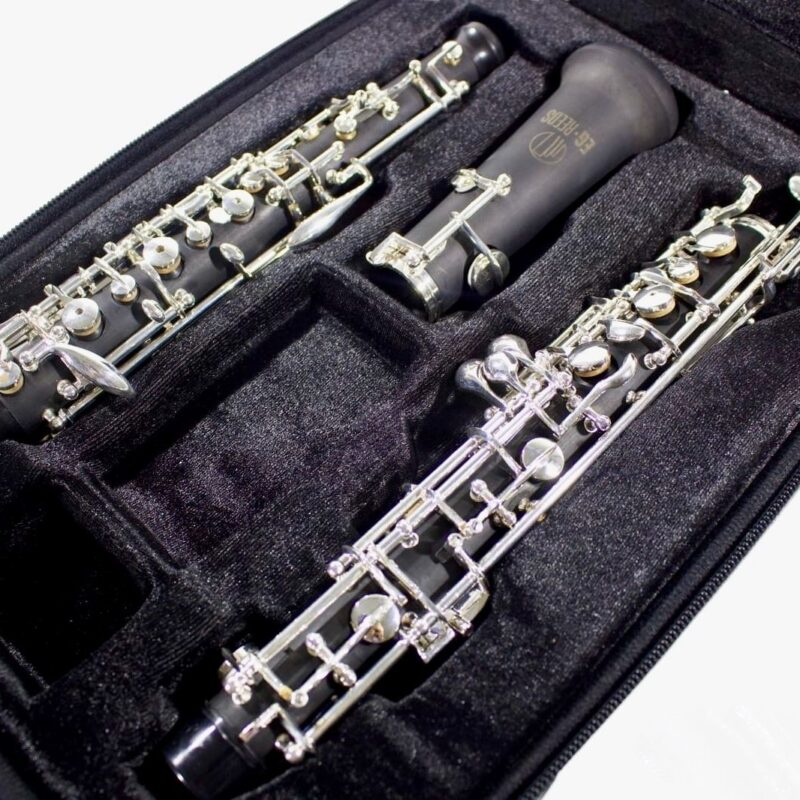

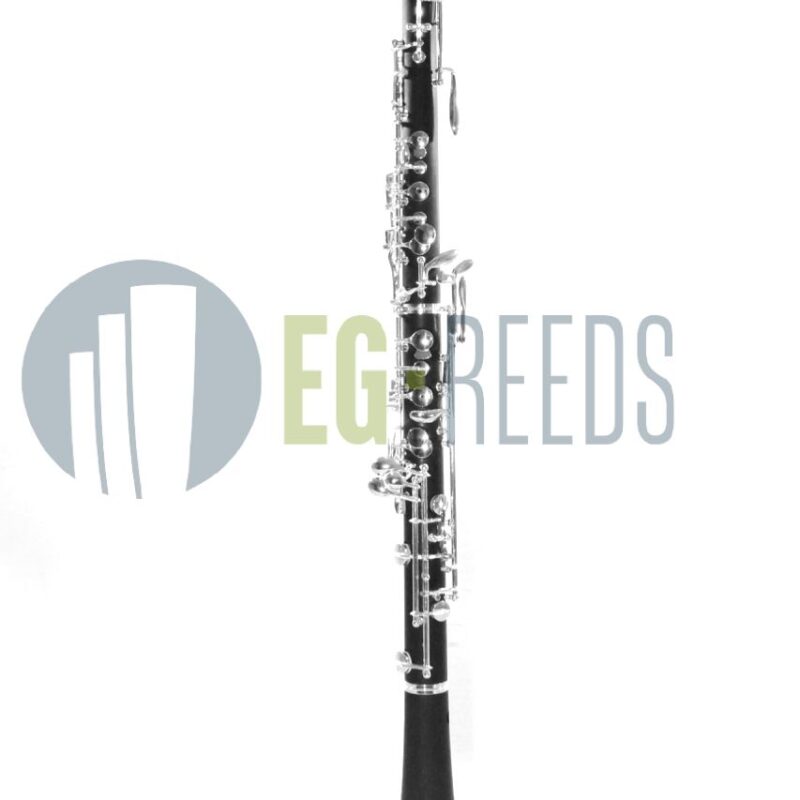
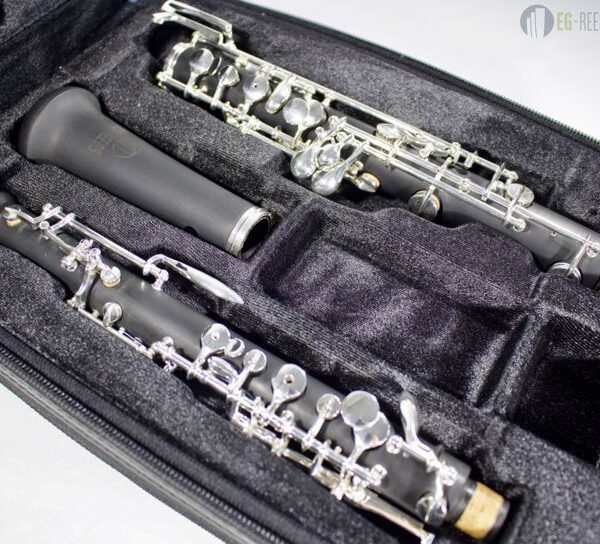
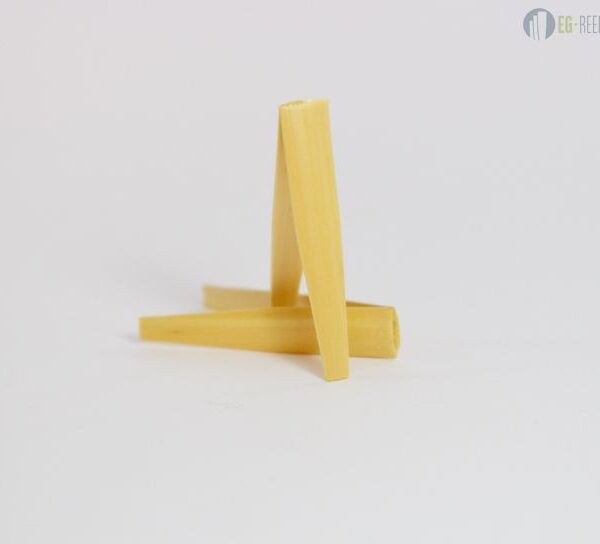
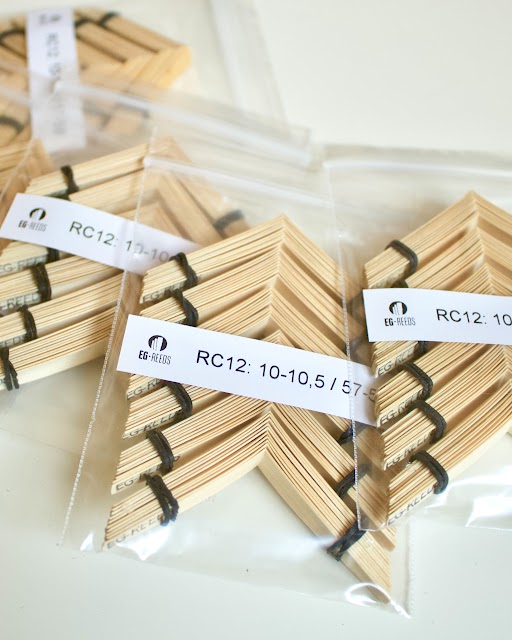


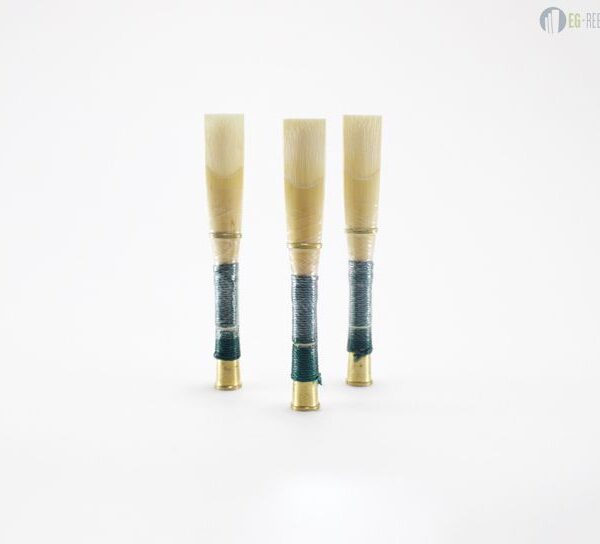
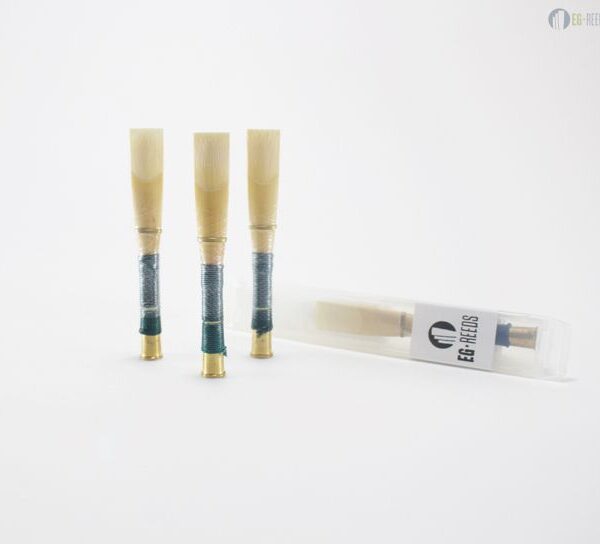


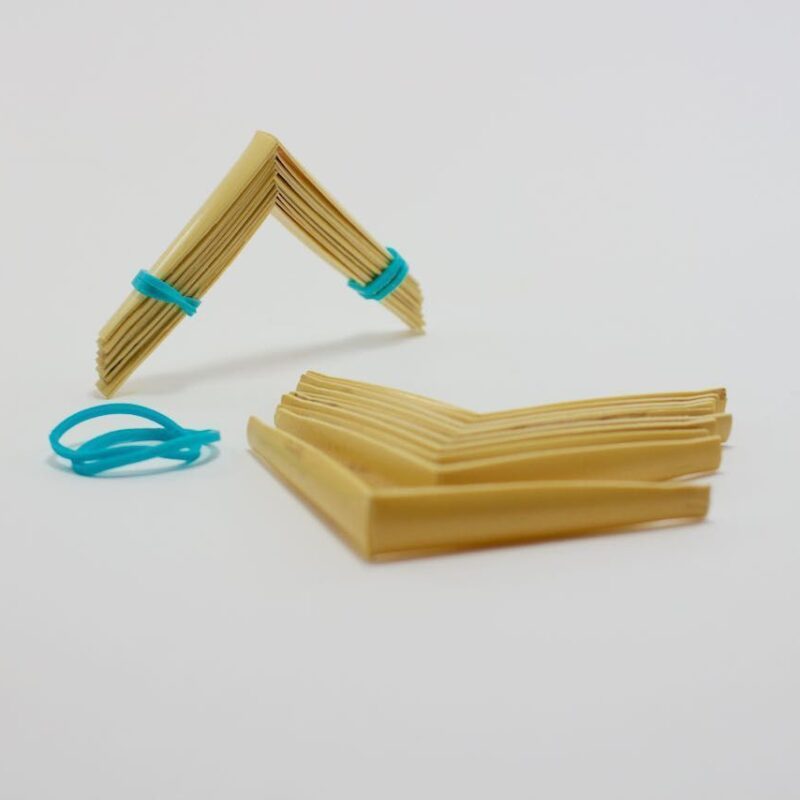
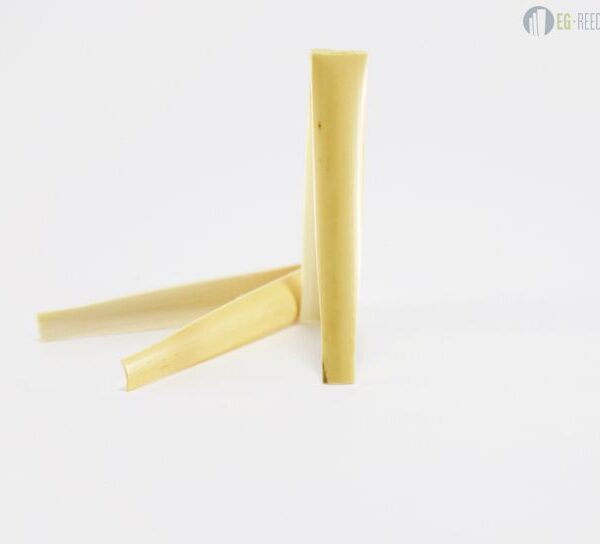




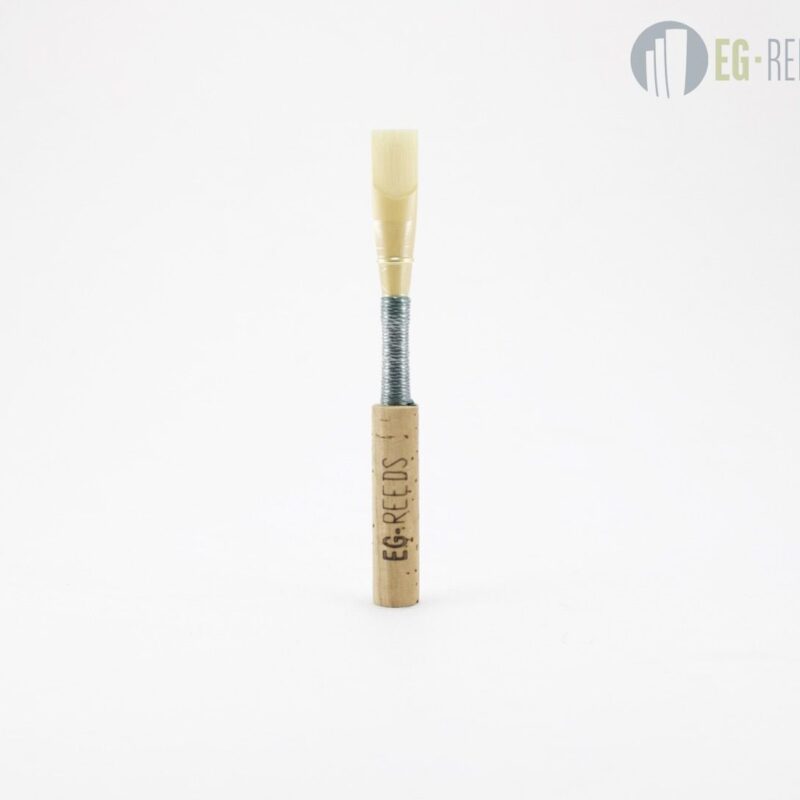

Ancia oboe professionale 901
Ancia oboe professionale M2
Oboe studenti intermedio EG-REEDS
Ancia oboe Mayer
Oboe studenti principianti EG-REEDS
Canna sagomata oboe EG-REEDS
Ancia oboe studenti principianti EG-REEDS
Ancia professionale corno inglese EG-REEDS
Cambiamenti nelle nostre opzioni di spedizione a partire dal 1º gennaio 2026
François Leleux
Nov
Maurice Bourgue
Mar
L’oboe nella musica da film
Mar
Albrecht Mayer
Feb
Ance per oboe: l’ancia ideale per ogni fase
Gen
Heinz Holliger
Gen
Buon Natale e Felice 2025!!
Dic